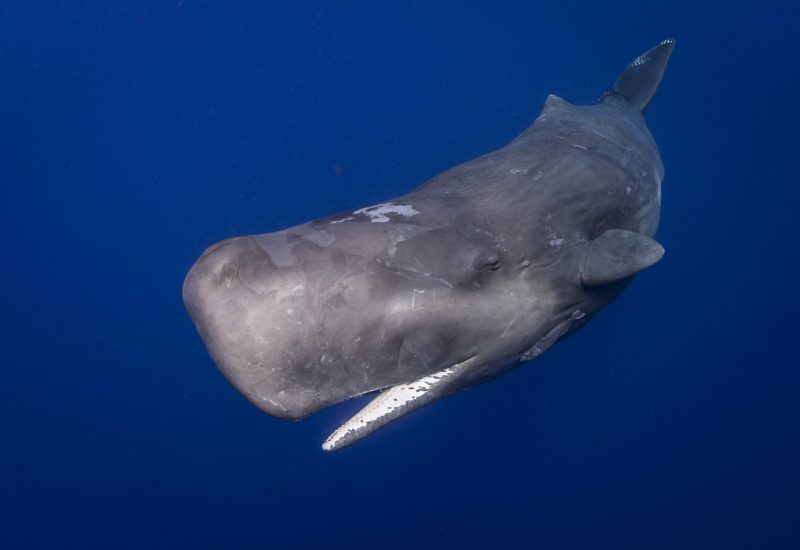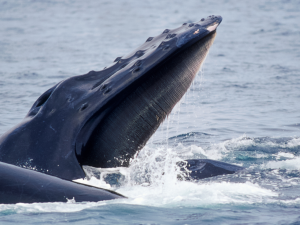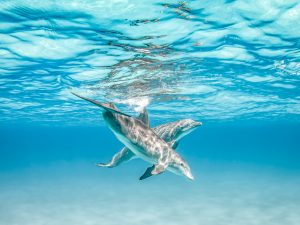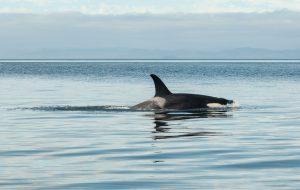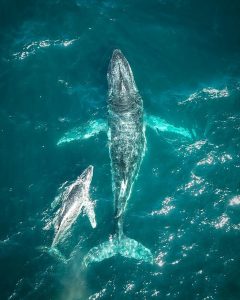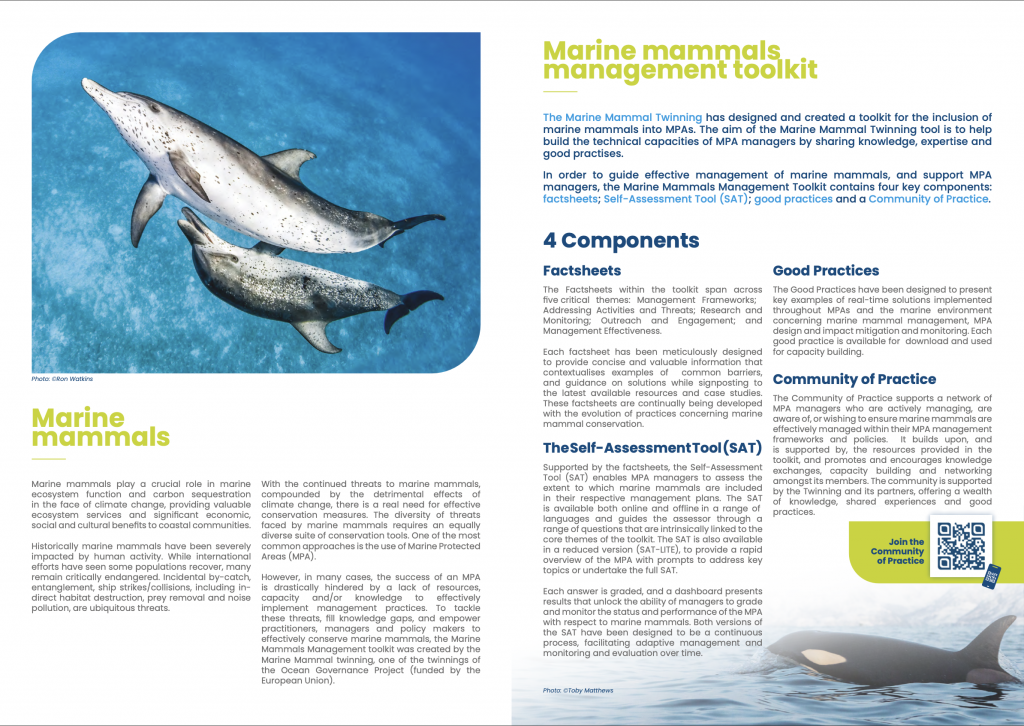The world’s first marine reserve for sperm whales is set to open in the waters off the coast of Dominica, a tiny island nation in the eastern Caribbean Sea. The reserve’s establishment is aimed at safeguarding a local population of a few hundred endangered sperm whales (Physeter macrocephalus) that are threatened by fishing gear entanglements, pollution, ship strikes, and even tourism.
The reserve, which was announced on Nov. 13, will span 788 square kilometers (304 square miles), an area about half the size of London. It will be situated along the west coast of Dominica, encompassing a critical feeding and nursing area for the whales.
The new reserve will cover just 3% of Dominica’s exclusive economic zone (EEZ) but will expand the nation’s total marine protection by 70%. Dominica currently has two other very small marine protected areas (MPAs), one of which is only 5 km2 and the other 6 km2 (1.9 mi2 and 2.3 mi2).
“The 200 or so sperm whales that call our sea home are prized citizens of Dominica,” Roosevelt Skerrit, Dominica’s prime minister, said in a statement. “Their ancestors likely inhabited Dominica before humans arrived. We want to ensure these majestic and highly intelligent animals are safe from harm and continue keeping our waters and our climate healthy.”
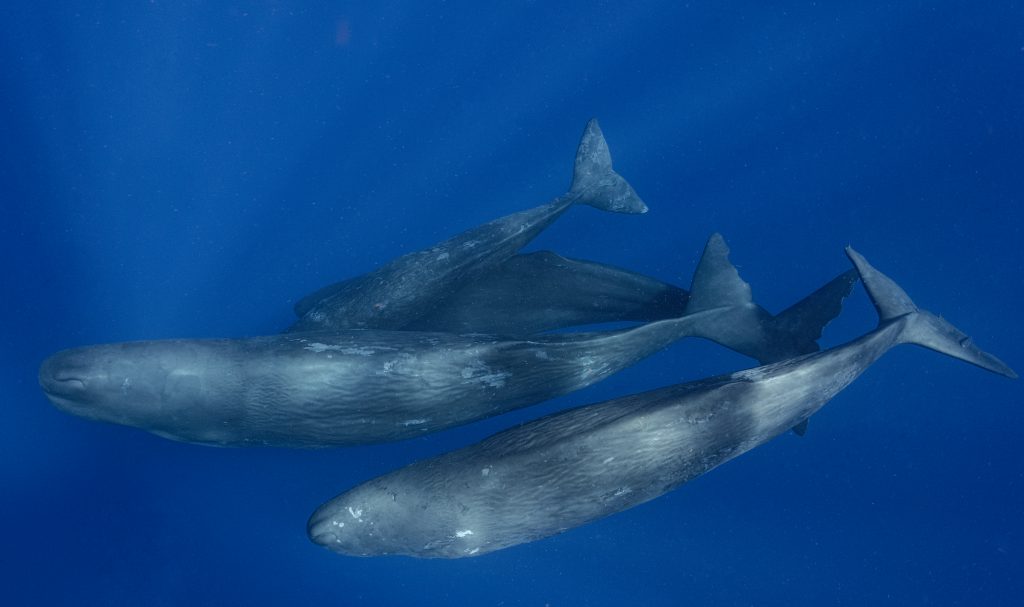
Sperm whales are the largest animals in the toothed whale family. An average male grows to be about 15 meters (50 feet) long — about three times longer than a giraffe’s height — and can weigh up to 45 metric tons, about 90 times as heavy as a grand piano. The sperm whale also has the largest brain in the animal world, the organ weighing about 8 kilograms, or 18 pounds.
These marine mammals are also extraordinarily deep divers, plunging 1,000 to 2,000 m (3,300-6,600 ft) underwater to search for squid. During these deep dives, sperm whales can hold their breath for about 90 minutes.
Sperm whales also form strong family units, or clans, with each member communicating through the same “dialect” of click patterns. Whales within the same family may babysit for each other, and newborns may be nursed by their mothers as well as aunts, grandmothers, or other females within the clan.
Most of the sperm whales that inhabit the waters off the coast of Dominica are part of the Eastern Caribbean Clan, which currently has a population of fewer than 300 individuals, according to experts. Since 2010, the sperm whale population in this region has declined by about 3% each year due to human activities such as fishing gear entanglements, vessel strikes, and tourism pressure.
The newly formed reserve will help protect sperm whales by introducing strict rules for vessel traffic, including the use of designated corridors. The reserve will also regulate tourism activities like whale watching and swimming with whales.
“We want to ensure that with this legislation that there are clear protocols in place for how we approach the whales and how you leave the whales,” Francine Baron, CEO of the Climate Resilience Execution Agency for Dominica, a government agency, said in a press briefing on Nov. 14.
Source: MongaBay News (https://news.mongabay.com/2023/11/dominica-set-to-open-worlds-first-reserve-centered-around-sperm-whales/#:~:text=The%20tiny%20island%20nation%20of,of%20fewer%20than%20300%20individuals)

